
Aleksandr Isayevich Solzhenitsyn was a Russian writer and prominent Soviet dissident who helped to raise global awareness of political repression in the Soviet Union, especially the Gulag prison system.

Finlandization is the process by which one powerful country makes a smaller neighboring country refrain from opposing the former's foreign policy rules, while allowing it to keep its nominal independence and its own political system. The term means "to become like Finland", referring to the influence of the Soviet Union on Finland's policies during the Cold War.
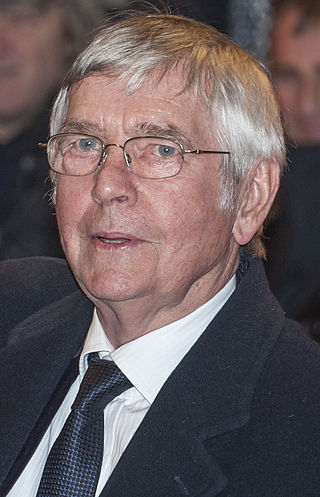
Sir Thomas Daniel Courtenay is an English actor. After studying at the Royal Academy of Dramatic Art, he achieved prominence in the 1960s as part of actors of the British New Wave. Courtenay received numerous accolades including three BAFTA Awards, a Golden Globe Award, the Silver Bear, and the Volpi Cup for Best Actor as well as nominations for two Academy Awards, two Tony Awards, and a Emmy Award. He was knighted for his services to cinema and theatre in the 2001 New Year Honours.
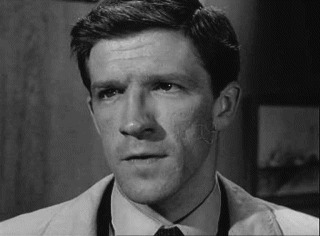
James Maxwell was an American-British actor, theatre director and writer, particularly associated with the Royal Exchange Theatre in Manchester.

Mikhail Aleksandrovich Sholokhov was a Russian novelist and winner of the 1965 Nobel Prize in Literature. He is known for writing about life and fate of Don Cossacks during the Russian Revolution, the civil war and the period of collectivization, primarily in his most famous novel, And Quiet Flows the Don.
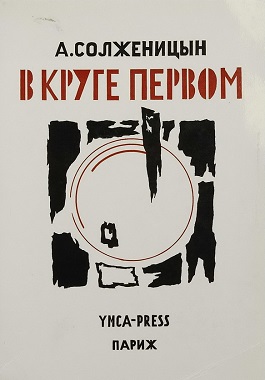
In the First Circle is a novel by Russian writer Aleksandr Solzhenitsyn, released in 1968. A more complete version of the book was published in English in 2009.

One Day in the Life of Ivan Denisovich is a short novel by the Russian writer and Nobel laureate Aleksandr Solzhenitsyn, first published in November 1962 in the Soviet literary magazine Novy Mir. The story is set in a Soviet labor camp in the early 1950s and features the day of prisoner Ivan Denisovich Shukhov.

Jörn Johan Donner was a Finnish writer, film director, actor, producer, politician and founder of Finnish Film Archive.
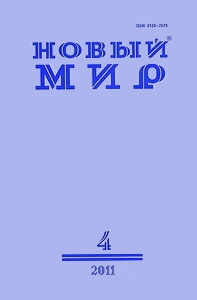
Novy Mir is a Russian-language monthly literary magazine.

Espen Henrik Skjønberg was a Norwegian actor of stage, screen, and television.
Ivan is a Slavic male given name, connected with the variant of the Greek name Iōánnēs from Hebrew יוֹחָנָן Yôḥānnān meaning 'God is gracious'. It is associated worldwide with Slavic countries. The earliest person known to bear the name was the Bulgarian Saint Ivan of Rila.

The Stone Killer is a 1973 American action neo noir thriller film produced and directed by Michael Winner and starring Charles Bronson. It came out in between The Mechanic (1972) and Death Wish (1974), all three of which teamed up actor/director Bronson and Winner. Norman Fell and John Ritter appear as cops in this film, not too long before the TV series Three's Company. Character actor Stuart Margolin plays a significant role; he also appeared in Death Wish. It was one of many Dirty Harry-type films featuring rogue cops who don't "play by the rules" that were released in the wake of that film's success.
Baron Casper Gustaf Kenneth Wrede af Elimä, known as Caspar Wrede, was a Finnish theatre and film director. He was long active in the English theatre, co-founding the Royal Exchange theatre company in Manchester.
One Day in the Life of Andrei Arsenevich is a 2000 French documentary film directed by Chris Marker, about and an homage to the Russian filmmaker Andrei Tarkovsky. The film was an episode of the French documentary film series Cinéastes de notre temps, which in over ninety episodes since 1966 concentrates on individual film directors, film people and film movements. The title of the film is a play on the title of Aleksandr Solzhenitsyn's novella One Day in the Life of Ivan Denisovich.
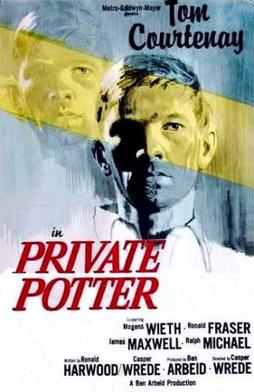
Private Potter is a 1962 British drama film directed by Caspar Wrede and starring Tom Courtenay, Mogens Wieth, Ronald Fraser and James Maxwell.

The Oak and the Calf, subtitled Sketches of Literary Life in the Soviet Union, is a memoir by Russian writer Aleksandr Solzhenitsyn, about his attempts to publish work in his own country. Solzhenitsyn began writing the memoir in April 1967, when he was 49 years old, and added supplements in 1971, 1973, and 1974. The work was first published in Russian in 1975 under the title Бодался телёнок с дубом. It has been translated into English by Harry Willetts.
Michael Elliott, OBE was an English theatre and television director. He was a founding director of the Royal Exchange Theatre in Manchester.
Roy Bjørnstad was a Norwegian actor.
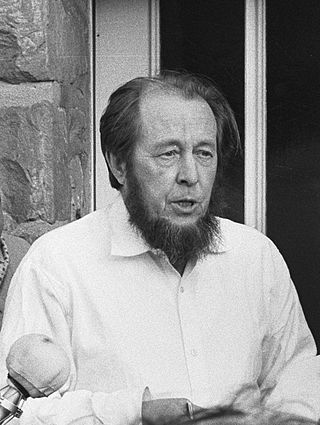
The 1970 Nobel Prize in Literature was awarded to the Russian novelist Aleksandr Solzhenitsyn (1918–2008) "for the ethical force with which he has pursued the indispensable traditions of Russian literature." For political reasons he would not receive the prize until 1974. Solzhenitsyn is the fourth Russian recipient of the prize after Ivan Bunin in 1933, Boris Pasternak in 1958 and Mikhail Sholokhov in 1965.














